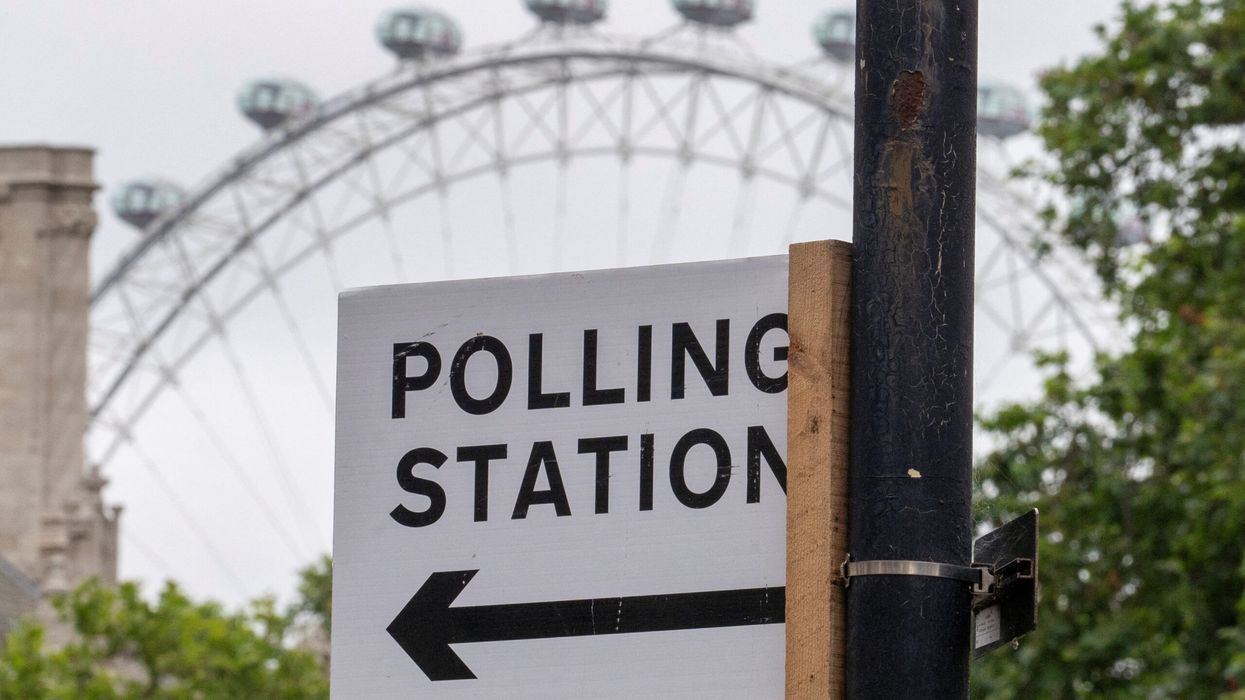The Conservative Party almost conceded election defeat to Labour on Wednesday, a day before polling stations opened, warning that the opposition party was on course for a record-breaking victory.
Opinion polls indicate that Labour is set for a significant win in Thursday's vote, ending 14 years of Conservative government and placing Keir Starmer in the prime minister's Number 10 Downing Street office on Friday morning.
Both Starmer and Rishi Sunak began the last day of campaigning by warning voters of dire economic consequences if the other won.
Facing predictions of the worst result in the party's history, the Conservatives focused on damage limitation, saying they needed to retain enough seats to provide effective opposition to a Labour government.
"I totally accept that where the polls are at the moment means that tomorrow is likely to see the largest Labour landslide majority, the largest majority that this country has ever seen," Conservative minister Mel Stride told the BBC.
"What therefore matters now is what kind of opposition do we have, what kind of ability to scrutinise government is there within parliament."
Asked about Stride's comments, Sunak told ITV: "I'm fighting hard for every vote."
Polling analysis by Survation predicts Labour winning 484 of the 650 seats in parliament, far more than the 418 won by the party's former leader Tony Blair in his 1997 landslide victory, and the most in its history.
The Conservatives are predicted to win just 64 seats, which would be the fewest since the party was founded in 1834.
Other analyses have shown smaller margins of victory for Labour, but none have shown a different overall outcome.
Labour's final campaign push focused on their fear that voters might see the result as a foregone conclusion and stay at home during polling on Thursday or register protest votes with smaller parties.
Starmer said Stride's comments were an attempt to lure wavering voters into not casting their ballots.
"I say: if you want change, you have to vote for it. I want people to be part of a change. I know there are very close constituencies across the country," he told the BBC.
"I don't take anything for granted, I respect the voters, and I know that we have to earn every vote until 10 o'clock tomorrow night and we will do that."
Starmer's campaign has been built around a one-word promise of 'change,' addressing discontent at the state of Britain's public services and living standards - symptoms of a sluggish economy and political instability.
Sunak has tried to convince voters that his 20 months in charge have set the economy on an upward path after the shocks of Covid-19 and the war in Ukraine, and stabilised the political turmoil overseen by his Conservative predecessors.
He says Starmer will have to raise taxes to implement his agenda for change and that a larger Labour win would embolden Starmer to raise taxes beyond those already outlined.
Having failed to close Labour's roughly 20-point opinion poll lead, Sunak turned to former prime minister Boris Johnson, the man he helped remove from office in 2022, inviting him to speak at a late-night Conservative rally on Tuesday.
Johnson, a recognisable figure in British politics who delivered the party a landslide win in 2019, made his first major public appearance of the campaign with a speech listing many of his achievements and giving little personal endorsement to Sunak.
"None of us can sit back as a Labour government prepares to use a sledgehammer majority to destroy so much of what we have achieved," he said.
(Reuters)





